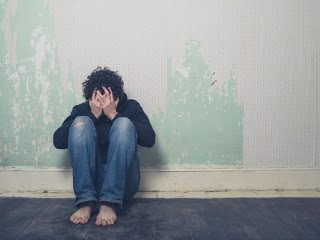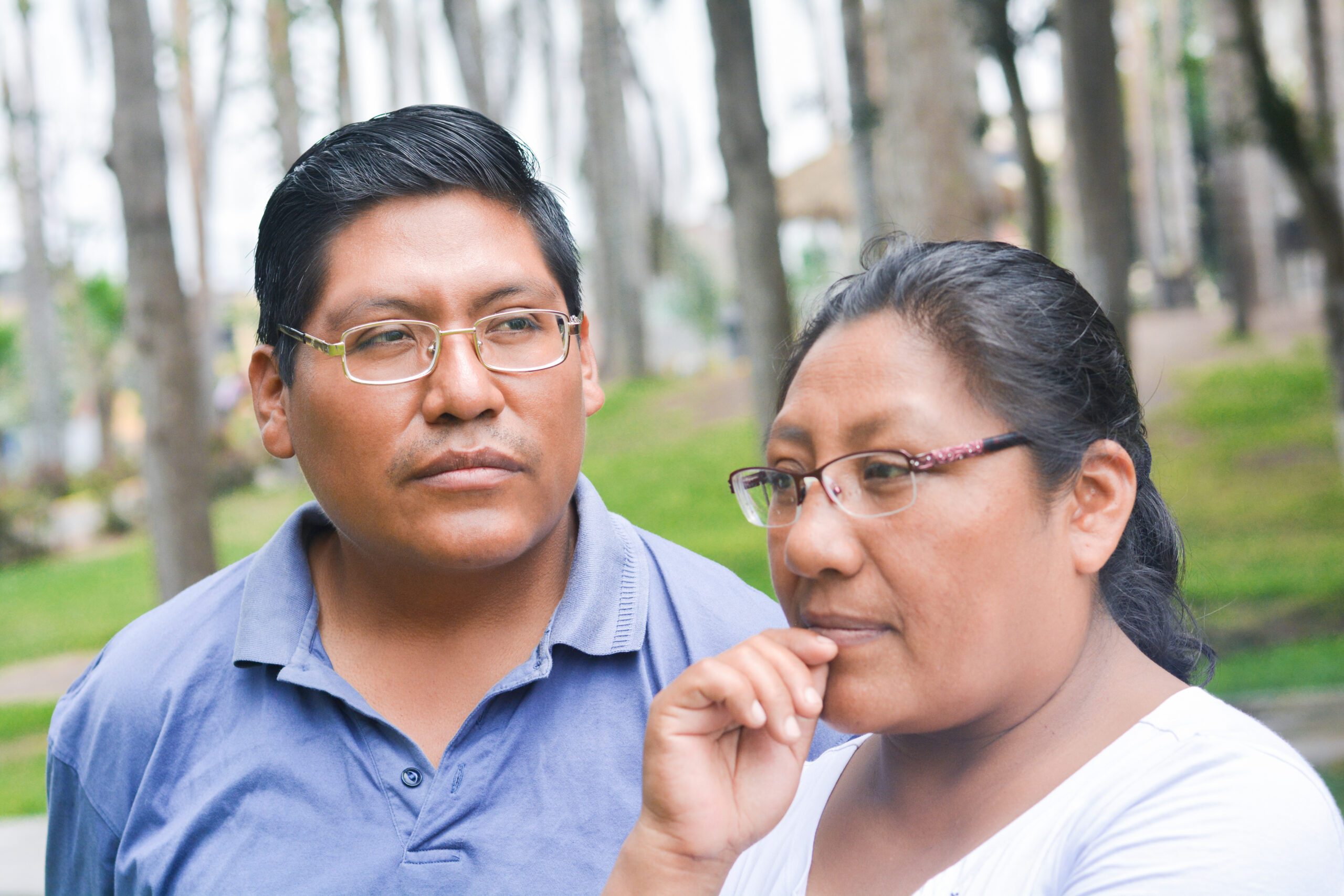Are You In a Manic Episode?
A manic episode is a component that is diagnosed as part of bipolar disorder. It is characterized as a period of at least one week, where an elevated, or unusually irritable mood exists. A person who is experiencing a manic episode is typically engaged in significant goal-directed activity, even multiple projects at once. A loved one’s friends and family should oftentimes be able to notice if that person is in a manic episode, because the behavior is atypical to how that person normally behaves. Bipolar disorder may consist of both manic and depressive episodes, with depressive episodes having symptoms of
The symptoms of a manic episode should be severe enough to cause distress or difficulty in daily functions such as school, work, friendships/relationships, etc. Symptoms also cannot be derived from substance abuse. If you are experiencing at least 3 or more of the following symptoms, you are likely suffering from a manic episode:
-
Inflated self-esteem or feelings of grandiosity
-
Decreased need for sleep (the person can feel well-rested after only a few hours of sleep)
-
More talkative than usual or feels the need to keep talking
-
Flight of ideas or thoughts racing
-
Attention continuously focuses on unimportant or irrelevant items of discussion
-
Increase in goal-oriented activities or extreme feelings of agitation
-
Excessive behaviors that could results in extreme consequences such as overspending, excessive irresponsible sexual behaviors, or careless business investment decisions
If you are suffering from a manic episode, you may at times feel unwavering self-confidence in which you may even lend advice towards a topic you are unfamiliar with. You may feel “all-knowing” and destined for greatness – as if the world belongs to you. On the opposite end, you may feel extremely angry or aggressive and may pick fights with others, blame others often, or lash out when others are not going along with your plans. In some cases, you may become delusional or hear voices.
If you feel that you are experiencing a manic episode, consult your doctor or physician. If you have not yet been diagnosed, you will want to undergo a physical exam and psychological assessment to determine the next steps. Bipolar disorder is easily treated and there are several tools that can be used to lessen the harsh symptoms of this disorder. Treatment typically involves medication and psychotherapy, both of which can greatly help a person overcome their disorder.
If you are worried about being diagnosed – note that approximately 5.7 million Americans suffer from bipolar disorder and that you are not alone. There are many treatment methods available and seeking help may lead you to a happier, healthier, more productive life.
Polysubstance abuse, dual diagnosis, process addiction- Cottonwood Tucson offers a residential treatment program and full continuum of care for all of your needs. Internationally recognized and critically acclaimed for clinical renown, our beautiful campus in Arizona is the perfect place to take an integrative approach to treatment. Call today: (888) 727-0441







